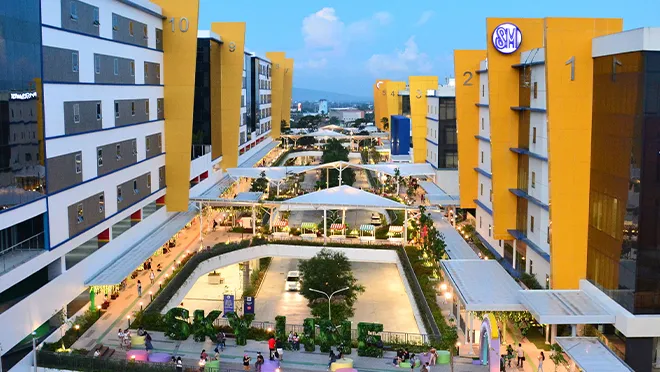We often hear people preach that constant hustle is the ultimate path to success. However, while celebrated by many, this hustle usually leads to exhaustion.
Breaking the burnout cycle of hustle culture is important for us to achieve a better quality of growth. Since hustle culture demands we prioritize work, we have little room for rest, relationships, as well as self-care. This can surprisingly become a cycle that is detrimental to both our physical and mental health in the long run.
Then, there are the social media bombarding us with posts urging us to “rise and grind.” Because of this, we sometimes feel the need to sacrifice sleep for productivity and to always be on the move. This pressure leads to extended work hours that indeed blur the line between work and personal life. Yet we often have a hard time enjoying the fruits of our labor because of this mindset.
While the adrenaline of success is undeniably exhilarating, it is crucial to remember that true fulfillment comes from a balance of work and personal life. Hence, it’s time to redefine success on our own terms and embrace a lifestyle that values our well-being!
Read along and find out how you can break this burnout cycle of hustle culture.
Breaking the Burnout Cycle of Hustle Culture
Knowing hustle culture
Hustle culture is the belief that there’s always more that a person can go for if they hustle and work harder. More money, a higher job position, a better lifestyle—grander achievements. In a sense, this mindset glorifies busyness and equates success with how much one can accomplish in a short amount of time.
Being hyper-productive is basically a virtue in hustle culture, often at the expense of personal health and well-being. It celebrates self-made success as well as unending ambition. Additionally, phrases like “rise and grind” and “no days off” are celebrated while taking downtime, like simply watching a movie, is viewed as a weakness.
You can also see people who practice this lifestyle full-time idolize individuals who seem to thrive on minimal rest and maximum effort. Influencers and entrepreneurs like Elon Musk frequently share grind stories and non-stop work routines. With their presence on social media, hustle culture’s ideologies have become embedded in the mind of people. This obviously led to the illusion that a never-ending hustle is the norm was created.
Being a hard worker doesn't mean you must always push yourself beyond your limits.
Hustle culture and burnout
Burnout is a state of emotional, physical, and mental exhaustion, which is particularly caused by excessive and prolonged stress. It’s a common outcome in hustle culture. Since individuals push themselves beyond their limits in pursuit of success, there is an insistent drive to achieve that causes neglect of self-care and boundaries.
For new hires or professionals in the early stages of their careers, burnout is evidently too common. They often feel compelled to prove their worth in a competitive job market, placing them in vulnerable positions that test their endurance and resilience. In fact, a study showed that 77% of professionals have experienced burnout in their current job.
Furthermore, burnout is classified as a chronic occupational phenomenon. It is characterized by feelings of energy depletion, increased mental distance from one’s job, as well as reduced professional efficacy. Moreover, burnout can manifest in various ways, including fatigue, insomnia, impaired concentration, and a weakened immune system. Emotionally, burnout can lead to feelings of cynicism, detachment, and a sense of helplessness or failure.
While it’s not a medical diagnosis, burnout significantly impacts professional performance and spills over into personal life. Besides, excessive work can make you more irritable and stressed, eventually straining relationships and diminishing overall life satisfaction.

Steps to Break the Burnout Cycle of Hustle Culture
Breaking free from the burnout cycle induced by hustle culture requires intentional changes in how we approach work and self-care. Here are some practical steps to surely help you break the burnout cycle as well as reclaim your well-being.
• Recognize Your Feelings
There are days when we certainly feel a bit under the weather and days when we feel energized and motivated. It’s important to acknowledge and validate these feelings, as they provide valuable insights into our mental and emotional state.
Remember that experiencing stress is normal, but you must determine whether it’s short term or prolonged. When stress becomes overwhelming, it can potentially lead to burnout. Once you recognize what your feelings are, you can identify what steps to take for you to break this vicious cycle.
• Establish Clear Boundaries
To break the burnout cycle of hustle culture, you need to establish work-life boundaries. You can start by communicating your limits. In particular, talk to your manager and colleagues about your work hours, availability outside those hours, and deadlines. Transparency about your boundaries shows respect for your time. It also allows everyone to adjust expectations.
Furthermore, don’t be afraid to politely decline additional tasks if your plate is full. This clarity will indeed ensure that everyone understands your limits and will help foster mutual respect. Doing this will also enable you to manage expectations effectively. Aside from that, open communication with the people in your work about workload and stress is certainly vital for maintaining a healthy work-life balance.
• Unplug and Disconnect
The digital age makes it easy to blur the lines between work as well as personal life. Hence, it’s crucial to disconnect from your job after your shift. Once you have completed your responsibilities for the day, turn off your work devices. This downtime will certainly allow you to reflect on the things that happened and what other things you need to do. Don’t feel guilty—taking time for yourself is essential for your overall well-being and productivity.
Furthermore, disconnecting from work allows you to recharge, return refreshed, and be ready to tackle your tasks with a clear mind. Through this, you can have the necessary time to attend to personal matters, which are just as important as your professional responsibilities.
Creating a personal wellness plan involves committing to your overall well-being. This is essential for both your professional success and personal fulfillment.
• Take Some Rest
Being a hard worker doesn’t mean you must always push yourself beyond your limits. It’s essential to rest periodically to ensure your mind and body can recharge and perform at their best. Evaluate your extracurricular activities and minimize social media usage to create more time for rest altogether.
You can also take advantage of your leave credits to experience vacations, staycations, or even just a full day of rest. Additionally, identify the type of rest you need. According to Dr. Saundra Dalton-Smith, there are seven types of rest, each addressing a different kind of tiredness:
Physical Rest
This refers to giving your body the rest it needs to repair and recharge. It includes both passive and active forms of rest.
Mental Rest
Mental rest is about giving your mind a break from the constant stimulation and demands of daily life. This can involve activities that help you quiet your mind as well as focus on your mindfulness.
Sensory Rest
This rest is about giving your senses a break from overloading. Sensory rest often involves spending time in a quiet, dark room, taking a digital detox, or spending time in nature.
Creative Rest
Creative rest is about giving your creative mind a break from the pressure to constantly come up with new ideas.
Emotional Rest
This type of rest is about protecting yourself from emotional overload. You need a space here where you can express your ideas, thoughts, and feelings honestly.
Social Rest
Social rest is about giving yourself a break from social interaction. This can be especially important for introverts or people who spend a lot of time socializing for work or other obligations.
Spiritual Rest
This rest is about connecting with something larger than yourself, which can involve spending time in nature, practicing religion, or spirituality. On the other hand, this can be simply taking time to reflect on your values and purpose in life.
• Leverage Your Support
You can join also wellness programs and use the resources offered by employers for additional support. Additionally, connecting with your peers or colleagues through various channels can significantly reduce your stress and lighten your burden.
Technology evidently plays a key role in breaking the burnout cycle of hustle culture. There are digital tools and apps focused on time management, self-care, as well as wellness. You can also take advantage of automation tools in your company to minimize administrative tasks that consume most of your time. With such support, you can transform how you organize your work and personal life, leading to a more balanced and fulfilling experience.
• Create a Personal Wellness Plan
Establish goals that are related and unrelated to work that you would like to accomplish during your free time. Focus on areas such as physical health, mental clarity, emotional well-being, and social connections.
Creating a personal wellness plan involves committing to your overall well-being. This is essential for both your professional success and personal fulfillment. By setting specific goals and consistently working towards them, you can cultivate habits that promote a balanced and healthy life.

Career Plan with Wellness in Mind
When planning your career journey, it’s essential to prioritize wellness, as this strategy supports both professional success and personal fulfillment. A key step is finding an employer who values their employees.
Choosing an employer that prioritizes work-life balance contributes to long-term wellness and career sustainability. When you are more engaged and satisfied with your job, the chances of breaking the burnout cycle of hustle culture significantly increase. Also, prioritizing your state before accepting a job offer will help you build a fulfilling and balanced career.
Prioritizing self-care and setting boundaries is essential for long-term career satisfaction and overall happiness.
At DBA, we ensure that our employees have access to resources and support for maintaining their well-being, allowing them to thrive both in and out of the workplace. This commitment to employee wellness sets the foundation for a successful and fulfilling career journey.
If you want to experience this and many more, don’t fret and send your application NOW!
Aureen Kyle Mandap, DMP
Aureen Kyle Mandap, DMP
Where to Find Us
We’re on a mission to bridge excellence, one local at a time. To do that, we’re trying our best to connect with talents who want to work without the buzz and hassle of the metro.

Still curious?
We can’t wait to see you start your DBA journey!
To make things easier, let us help you address any questions or concerns you may have about the application and hiring process.


 Australia
Australia Subic
Subic Clark
Clark Iba
Iba Bataan
Bataan Tarlac
Tarlac
